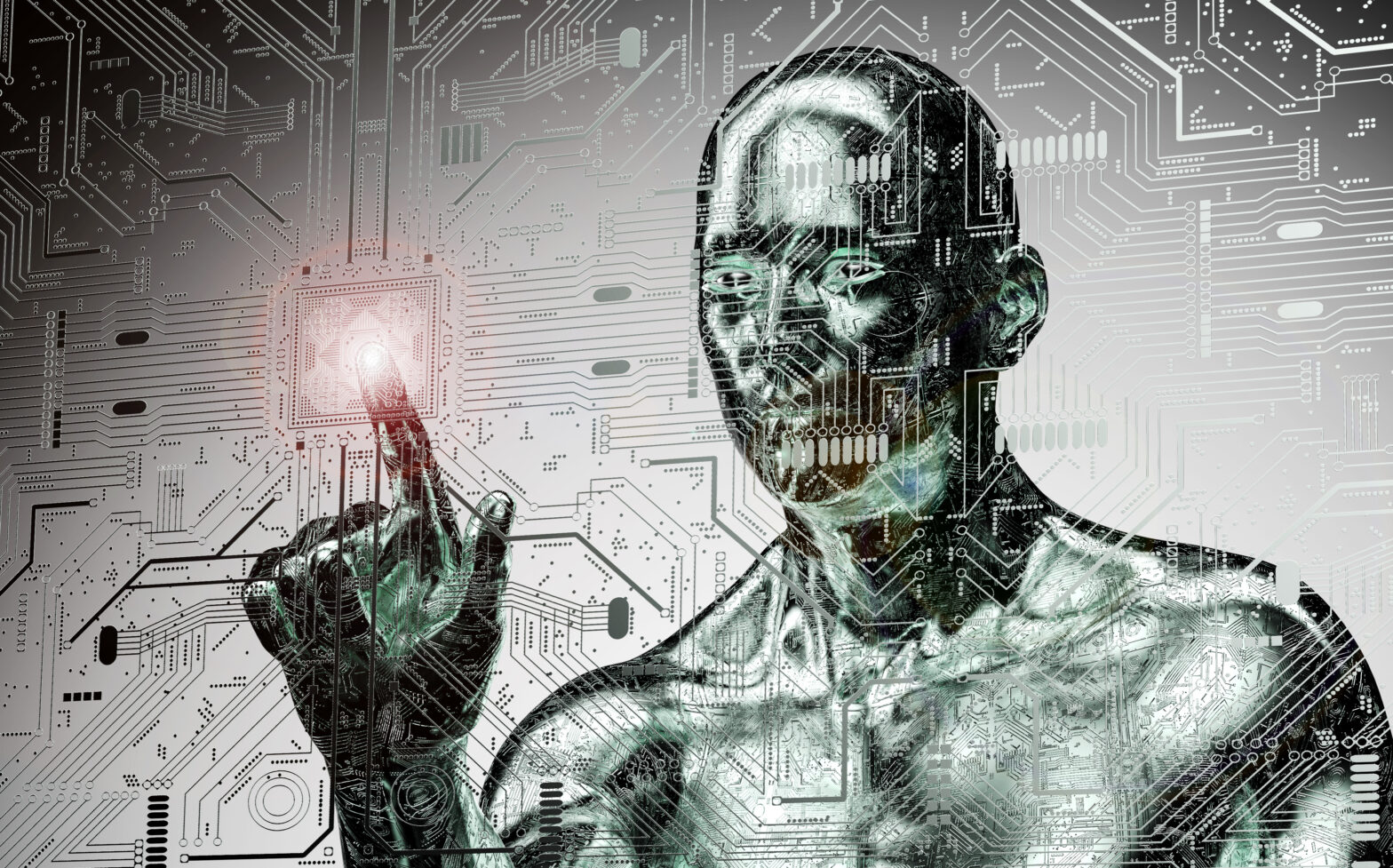Artificial intelligence (AI) and the use of robots is going to change operations across all industries and this transformation will have a tremendous affect on society.
The biggest apprehension – other than a Terminator scenario – is that this technology will render a huge number of human roles obsolete.
AI and robotics advocates accept this, progress has a cost, but they maintain with each industrial revolution comes new kinds of jobs. It is a matter of upskilling, or rather reskilling.
It is evident that human’s direction in the workplace must be re-engineered, because according to this report their jobs are under imminent threat.
Chas Moloney, director at Ricoh UK agreed and said “as the government presses ahead with its paperless agenda in areas such as the NHS, public sector decision makers should concentrate on skills development and training for employees adapting to new ways of working.”
>See also: AI and automation will be far more significant than Brexit
“There can be no complacency when it comes to improving the digital dexterity of the workforce and it’s vital that every effort is made to ensure workers are equipped with the necessary skills to thrive in new digital working environments.”
The Reform thinktank has said that using websites and artificially intelligent “chat bots” could improve efficiency and save billions of pounds. This advancement would cause workers to lose traditionally safe jobs.
AI technology could remove the need for some 130,000 Whitehall administrators – around 90% of the total – by 2030 and save £2.6 billion a year in the process, the report said.
Alexander Hitchcock, the report’s co-author, said: “Such a rapid advance in the use of technology may seem controversial, and any job losses must be handled sensitively. But the result would be public services that are better, safer, smarter and more affordable.”
>See also: AI: the possibilities and the threats posed
Although not mentioned in Reform’s report, it is not just public sector jobs at risks, with advancements in AI and robotics having the potential to replace accountants, drivers and even journalists.
Neil Kinson, chief of staff at Redwood Software recognises the benefits AI and robotics will bring to the public sector and shares the opinion that it will free up “staff up from repetitive manual tasks to allow them to focus their efforts on more value-add, strategic activities. However”, he adds, “as long as we remain fixated on the idea that robots replace humans, or narrowly define the sets of tasks to which we can apply robotics, the true potential of robotic process automation will be overlooked”.
“Robotics brings the opportunity to completely re-imagine how the entire process is executed – e.g. cash to billing, record to report, procure to pay – as well as the interdependencies between these processes. It’s time for a shift in language on how the ‘robotics revolution’ is defined and explained.”







